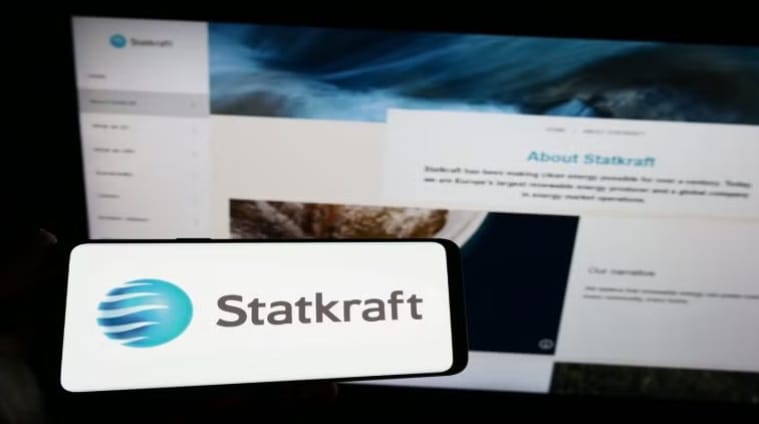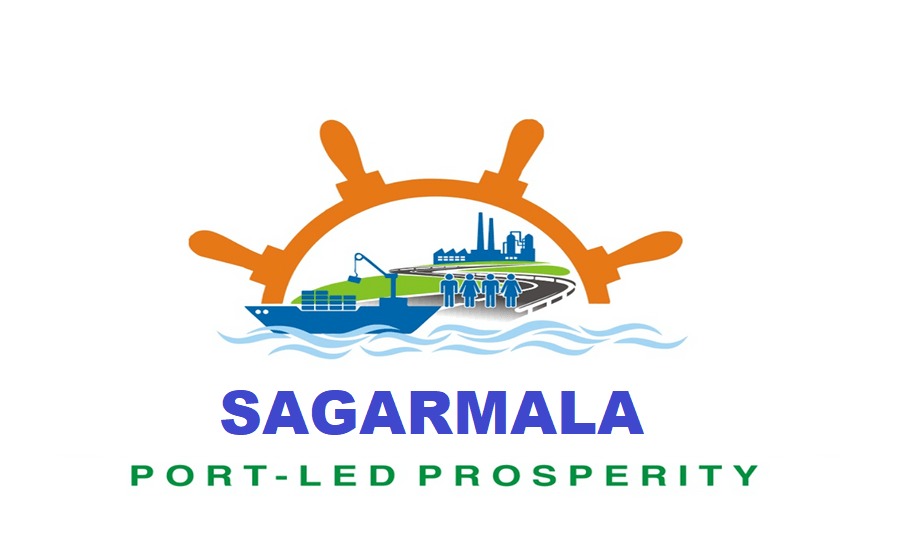
Follow WOWNEWS 24x7 on:

Statkraft, Europe’s largest renewable energy producer, has signed an agreement to sell its hydropower project in India—the 150 MW Tidong run-of-river hydropower plant in Himachal Pradesh—to JSW Energy Ltd. This strategic divestment marks a significant milestone in Statkraft’s ongoing exit from the Indian renewable market, while bolstering JSW Energy’s position as the largest private hydropower player in India. The deal underscores accelerating momentum in India’s green energy transition amid expanding renewable capacity in the country.
Key Highlights from the Agreement
Overview of the Tidong Hydropower Project and Transaction
The Tidong hydro project is a run-of-river power plant located in the environmentally sensitive, hydropower-rich region of Himachal Pradesh. Once completed, it will add 150 MW of clean energy to the Indian grid with minimal ecological footprint compared to traditional large-reservoir dams. Statkraft had already invested approximately ₹2,000 crore in developing this project infrastructure, including challenging tunneling works through mountainous terrain. However, the plant has not yet commenced operations.
JSW Energy’s acquisition of Tidong expands its portfolio in Himachal Pradesh and aligns with its vision to grow its total power generation capacity to 30 GW by 2030. With prior successful execution of large hydro projects such as the Kutehr plant (240 MW), JSW Energy brings the expertise and operational experience needed to complete Tidong efficiently. Furthermore, this purchase complements their existing assets like the Karcham-Wangtoo hydro plant and supports upcoming pumped-hydro storage projects.
Strategic Implications for Statkraft and JSW EnergyFor Statkraft, this deal is an important step toward concentrating on markets where it can build scale and competitive advantages, notably Europe and South America. The divestment follows other recent sales in India including the portfolio sale to Serentica Renewables and a stake in Malana Power Company to LNJ Bhilwara Group. Statkraft’s initial entry into India began in 2004 through a joint venture, pioneering foreign investment in the nation’s hydropower sector. Over two decades, it has developed a diversified renewable portfolio of solar, wind, and hydro assets, along with power trading activities. The exit strategy signals a recalibration of its global footprint toward core markets.
JSW Energy is a key growth player in India’s private power sector, part of the USD 23 billion JSW Group with diversified interests spanning steel, infrastructure, cement, and energy. It currently operates over 10 GW of generation capacity and is aggressively scaling up both organically and via acquisitions. The Tidong project represents the company’s fourth hydropower asset in Himachal Pradesh, further strengthening its leadership in the clean energy sector. JSW Energy’s management expressed confidence that the deal will generate operational synergies and leverage the skilled manpower associated with the project’s execution.
Context in India’s Renewable Energy Landscape
India is aggressively expanding its renewable energy footprint in line with its climate commitments and energy security goals. Hydropower, especially run-of-river plants, plays a critical role in balancing grid stability and enabling storage solutions like pumped hydro. Private players like JSW Energy are driving significant capacity additions besides government-owned entities.
Statkraft’s divestment is timely given the growing interest of Indian renewable companies in acquiring high-quality assets to scale rapidly. It also reflects the maturation of India’s renewable sector, which now sees robust competition and investment inflows from domestic and international players.
Looking Ahead
Completion of the Tidong acquisition awaits regulatory clearances and customary closing conditions. Once completed, JSW Energy will expedite construction completion with an eye on commencing operations by 2026. This deal enhances JSW Energy’s role as a critical player in India’s hydropower segment and supports the country’s broader green energy and sustainability objectives.
Source: Statkraft official announcement, September 18, 2025; supported by Economic Times and GlobeNewswire reports on the transaction and strategic context


